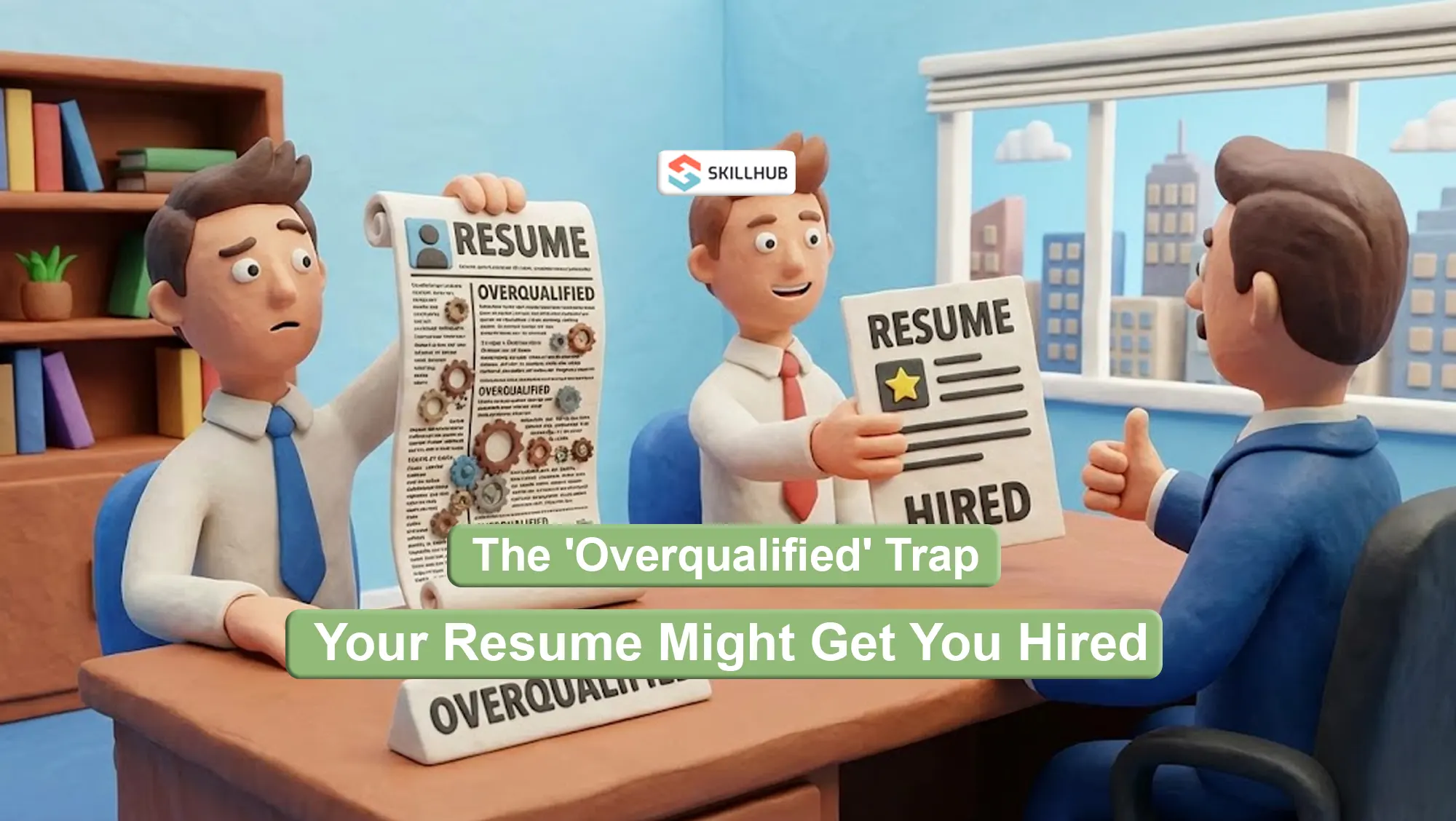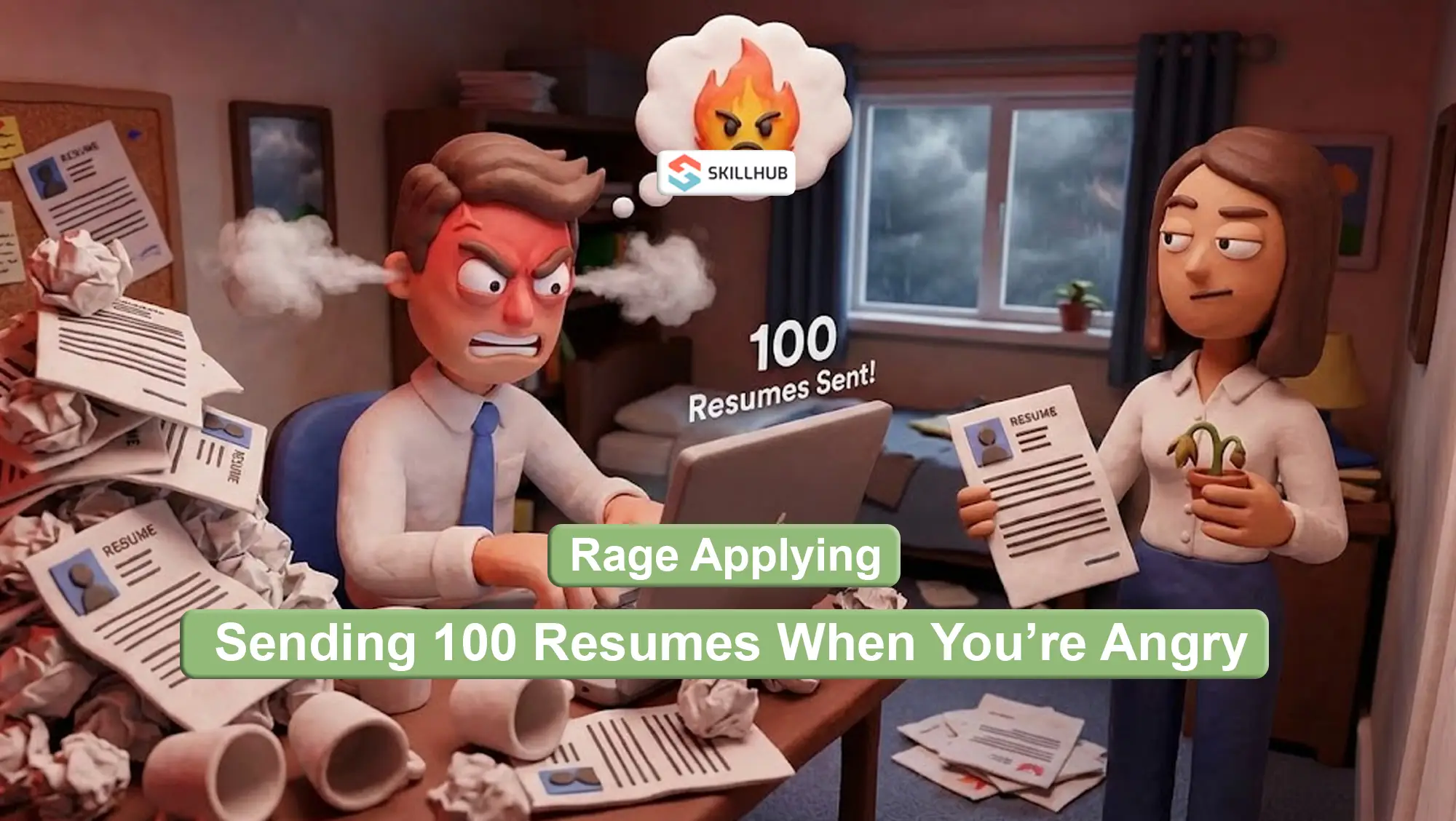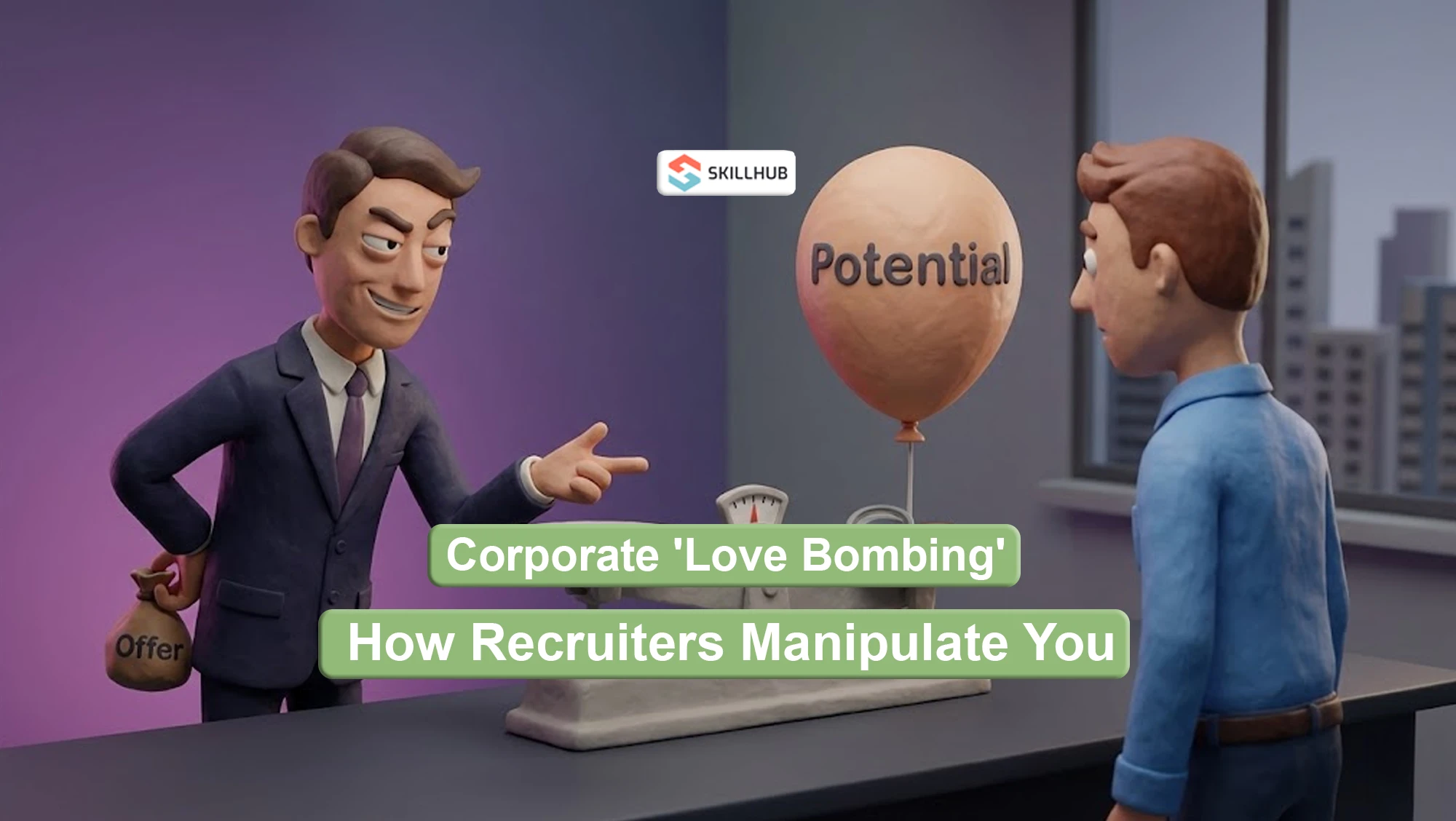Strategic Questions to Ask in an Interview

At the end of nearly every job interview, the hiring manager will turn the tables and ask the single most revealing question of the entire process: "So, what questions do you have for me?"
This is not a formality. It is not a polite gesture. It is a critical, high-stakes test disguised as a courtesy. The vast majority of candidates fail this test spectacularly. They either respond with a timid, "No, I think you've covered everything," (which signals a complete lack of curiosity) or they ask low-effort, self-serving questions ("What's the vacation policy?"). Both responses are a red flag, suggesting the candidate is either unprepared or uninspired.
The questions you ask are a direct reflection of your intelligence, your strategic thinking, and your genuine interest in the role. A candidate who asks insightful, well-researched questions instantly elevates themselves from a passive applicant to a potential colleague. This is your final opportunity to control the narrative, demonstrate your expertise, and interview them. This guide provides a strategic framework for asking questions that don't just get answered, but get you remembered.
The Foundational Shift: From "Applicant" to "Consultant"
You must shift your mindset. You are not a student being quizzed. You are a high-value professional, a consultant being brought in to diagnose and solve a company's problems. A good consultant always asks clarifying questions before proposing a solution. Your questions are the start of your diagnostic process. They prove you are thinking about their problems, not just your paycheck.
The quality of a candidate's questions is often more revealing than the quality of their answers. The answers you give prove your past competence. The questions you ask prove your future potential and strategic intent.
Every question you ask should be designed to uncover information in one of four key areas.
The 4 Quadrants of Strategic Interview Questions
A well-prepared candidate will have questions prepared for each of these categories. You won't ask all of them, but you will be ready to pull from the right category depending on the flow of the conversation.
Quadrant 1: Questions About the Role (The "Day-One" Reality)
These questions show you are a practical, results-oriented person who is already thinking about how to succeed from day one.
1. "What does success look like in this role in the first 30, 60, and 90 days?"
- Why it works: This is the single best question you can ask. It shows you are goal-oriented, proactive, and want to deliver value immediately. It moves the conversation from the hypothetical ("Are you good?") to the practical ("Here is what you will do"). It also gives you a clear blueprint for success if you get the job.
2. "What are the biggest challenges the person in this role will face immediately?"
- Why it works: This is a confident, "roll-up-your-sleeves" question. It signals that you are not afraid of hard work and that you are a problem-solver, not just a "box-ticker." Listen closely to the answer; it's often the real job description.
3. "Can you walk me through a typical day or week for this position?"
- Why it works: This helps you cut through the vague corporate jargon of the job description. The answer will reveal the true balance of the work is it 90% in meetings and 10% deep work? Is it a reactive "fire-fighting" role or a strategic, long-term planning role?
Quadrant 2: Questions About the Team & Culture (The "How We Work" Vibe)
These questions help you assess your future manager's leadership style and the health of the team you'll be joining.
4. "How would you describe your management style, and how do you prefer to give and receive feedback?"
- Why it works: This is a crucial question for your own future happiness. It opens a mature, professional dialogue about communication. It shows you value feedback and are a proactive communicator. This is especially important for first-time managers to ask their new boss.
5. "How does the team handle conflicting priorities or disagreements on strategy?"
- Why it works: This is a brilliant way to uncover cultural dysfunction. Does the manager's answer describe a collaborative, data-driven process, or does it sound like a top-down dictatorship ("Ultimately, I make the call")? It shows you value a healthy, high-functioning team environment.
6. "What are the team's greatest strengths, and what is its biggest current gap or weakness?"
- Why it works: This shows you are thinking like a leader, not just an employee. It also gives you a massive clue as to why they are hiring. You are almost certainly being hired to fill that "gap."
Quadrant 3: Questions About Success & Performance (The "How I Win" Metrics)
These questions prove you are accountable, data-driven, and focused on performance.
7. "What are the key 1-3 metrics that this role will be held accountable for?"
- Why it works: This moves the conversation directly to the bottom line. It shows you are a results-focused professional who understands that your job is to move a number. It also helps you avoid roles with vague, undefined, or impossible expectations.
8. "Can you tell me about a recent project or accomplishment that this team celebrated?"
- Why it works: This is a positive, insightful question. The answer reveals what the manager and the company actually value. Do they celebrate saving money, launching a creative new idea, or working long hours?
9. "What is the formal performance review process here, and what does it take to be seen as a top performer in this organization?"
- Why it works: This shows you are not interested in just "doing the job." You are interested in excelling. It frames you as a high-potential, ambitious candidate. This is also a natural lead-in to future salary negotiations, as it sets the stage for performance-based raises.
Quadrant 4: Questions About "Big Picture" Strategy (The "Why We Win" Vision)
These are your "closing" questions. They elevate you from a simple candidate to a strategic partner.
10. "How does this role and this team's work contribute to the company's broader strategic goals for the next year?"
- Why it works: This is the ultimate "consultant" question. It proves you are not a cog in a machine. You are a leader who needs to understand how your work fits into the grand strategy. It shows you are a level above other candidates.
11. "What do you see as the company's biggest opportunity or biggest threat in the next 12-18 months?"
- Why it works: This is a confident, high-level question that invites the hiring manager to share their own strategic perspective. It creates a peer-to-peer dialogue and shows you are thinking about the company's long-term health.
The "Do Not Ask" List: Questions That Can Sabotage Your Interview
Asking the wrong questions can be worse than asking none at all. Avoid any question that is purely self-serving or that could be answered by a 10-second Google search.
- "What does this company do?" (You have failed the interview.)
- "What is the salary for this role?" (Do not ask this until they have made you an offer. Let them bring it up.)
- "How many vacation days do I get?" (Signals you are focused on not working.)
- "When can I expect to be promoted?" (Arrogant and premature.)
- "Is it possible to work from home?" (Unless the job was advertised as remote, save this for the final offer stage.)
The Expertise Barrier: The Fear of Asking
Knowing these questions is easy. Having the confidence to ask them is hard. Many candidates are intimidated by the power dynamic of an interview and are afraid to ask a question that might "sound stupid" or "challenge" the interviewer. This fear holds them back.
Acing this part of the interview requires the same confidence and preparation as answering the toughest behavioral questions. You must practice. Write down your top 5 questions (a mix from the 4 Quadrants) in a notebook and bring it with you. Referring to your notes does not make you look weak it makes you look prepared, organized, and serious.
Conclusion: The Final Test is the One You Give
The questions you ask at the end of an interview are your final performance. They are your last, best chance to prove your intelligence, your preparation, and your genuine fit for the role. Do not waste this opportunity. Prepare your questions with the same rigor you use to prepare your answers, and you will leave the hiring manager with the undeniable impression that you are the strategic, high-value candidate they have been looking for.
Ready to make sure you are prepared for every single stage of the interview process? Consult with a Skillhub Career Expert today.
%20(1).png)



%20(1).webp)